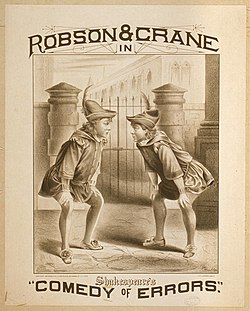Emilia throughout the play is loyal to her husband. We see she's obedient as she retrieves Desdemona's handkerchief at Iago's request. In Act IV scene 2 when she talks to Desdemona about Othello's false judgement It seems as if she hinting at her husbands false judgement of her rumored affair with Othello. Therefore we can assume her complete fidelity/honesty to Iago.
In Act IV scene 3 Emilia gives a soliloquy about her view of marriage. She talks about the double standards in relationships applied to fidelity. She talks about the weakness men use to justify having mistresses and says "And have we not affections? Desires for sport or frailty as men have?". Though focused on the metaphor of intimate relations I think this speech is more about equality in a Marriage then about justification for woman cheating because at the end Emilia says "then let them use us well; else let them know the ills we do, their ills instruct us so." This is similar to a scene in the Comedy of errors where Adriana talks about marital equality: Act 2 scene 2

"For if we two be one, and thou play false
I do digest the poison of thy flesh,
Being strumpeted by the contagion
Keep then fair league and truce with thy true bed I live unstained, thou undishonoured"
In Othello both Emilia and Desdemona are misused by their spouses. They're called whore and treated like sinners while in reality their spouse are the ones in league with "devils". Shakespeare actually uses the theme of wrongful accusations in a few plays. For example, in Much Ado About Nothing Claudio exposes Hero for infidelity (which was false) He publicly humiliates here and even though it all works out in the end a similar motif of inequality of gender comes up again. Historically in Shakespeare's day women were taught to be obedient and compliant in Marriage but his plays often challenge the idea. For example, in Merchant of Venice Portia defies her husband and follows him to court. She then acts as a judge (bold for a woman) and then questions his fidelity (as a test) and one point threatens to cheat on her husband. In there relationship she seems to be in control which was the opposite trend of the Elizabethan times. Another example of this is Taming of the Shrew. In this play Katherine appearing to be "tamed" by her husband but if you read between the lines she's really just her spouse is just teaching her how to be a partner in a marriage. In the final scene of the play she gives a speech about her duty to her husband to follow his "honest will" and the mutual respect of a relationship. Othello and Desdemona obviously don't have this kind of a relationship and it was ultimately their down fall.
Othello didn't trust Desdemona or confront her about his worries. Then, due to the manipulation of Iago, he went mad with jealousy. Desdemona appears to be the a weak compliant woman but when Othello hits her she defies him saying " I did not deserve that". I Don't think Desdemona is weak she is just in love and expects a relationship with mutual respect. I think At the beginning Othello did to because he honored her request to accompany him to cyprus. but the loss of a mutual respect and trust between the two of them eventually led to both their death. I think by using this idea in his plays Shakespeare is tying to show that love and lasting relationships die without equality/mutual respect.

No comments:
Post a Comment